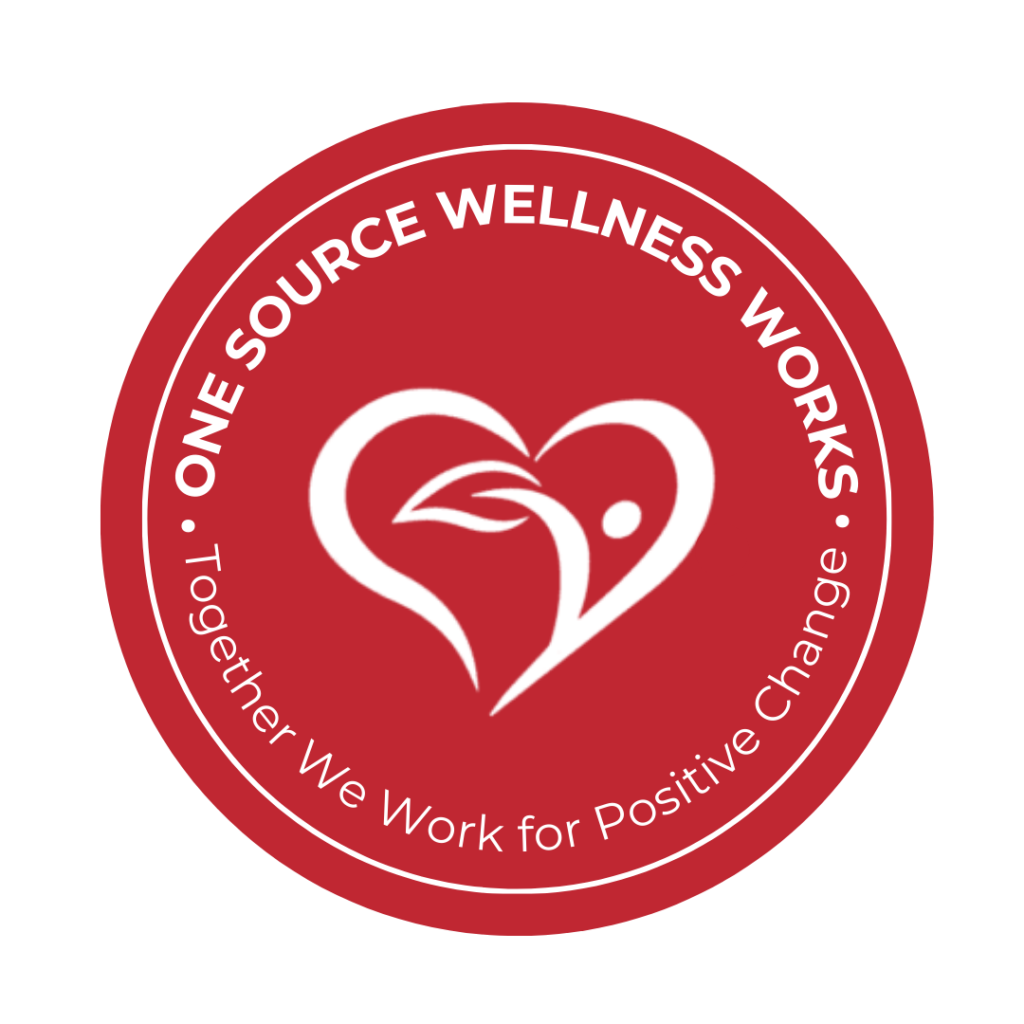Types of self care and why is it important
The definition of self-care is a multifaceted, diverse process of intentional involvement in strategies that encourage proper function and enhance well-being. Essentially, the term refers to a deliberate action taken by a person to enhance their own physiological, intellectual, and emotional wellbeing.
Self-care can take a variety of forms. It could be as simple as getting enough sleep each night or walking outside for a couple minutes to get some fresh air. Self-care is essential for developing resilience in the face of life’s unavoidable stressors. You will be best prepared to live the best life possible once you have taken measures to care for your body and mind.
Types of self-care
Self-care is more than just finding ways to unwind. It is about caring for yourself on all levels: intellectually, emotionally, socially, physiologically, and spiritually. To care for your health and well-being, you must strike a balance that enables you to address each of these areas. Sometimes more self-care in one area is required to set things right or find some relief from a source of stress in your life.
Physical health
You need to take care of your body if you want it to run efficiently. Keep in mind that there is a strong connection between your body and your mind. When you are caring for your body, you will think and feel better too. Physical self-care usually involves how you fuel your body, how often sleep you get, how much physical exercise you do, and how well you look after your physical needs. Attending medical appointments, taking prescribed medications, as well as managing your wellbeing are all examples of excellent physical self-care.
Mental health
The approach to thinking as well as the things you fill your mind with have a big impact on your psychological well-being.
Mental self-care includes activities that keep your brain sharp, such as puzzles or learning about a topic, that interests you. Reading a book or going to the movies that motivate you may help to boost your thoughts.
Practicing things, that assist you remain psychologically fit is also part of mental self-care. Self-compassion and recognition, for example, can assist you in maintaining a healthier subconscious mind.
Spiritual health
According to research, a religious or spiritual lifestyle is usually a healthy life style. Nurturing your spirit, on the other hand, does not need to involve religion. It can include anything that aids in the development of a profound sense of understanding, comprehension, or ability to connect with the world. Spiritual self-care is essential, regardless of whether you enjoy relaxation techniques, attending religious services, or worshipping.
Emotional health
It is critical to have healthy ways to cope when dealing with uncomfortable feelings such as anger, depression, and grief. Activities that help you recognize and convey your emotions on a regular and safe basis are examples of emotional self-care. It is essential to incorporate empathy and self into your life, whether you talk to a companion or close friend about how you feel or allocate time for leisure activities that support you in handling your emotions.
[testimonial_view id=”1″]
Recent post
Feedback
[testimonial_view id=”2″]

















